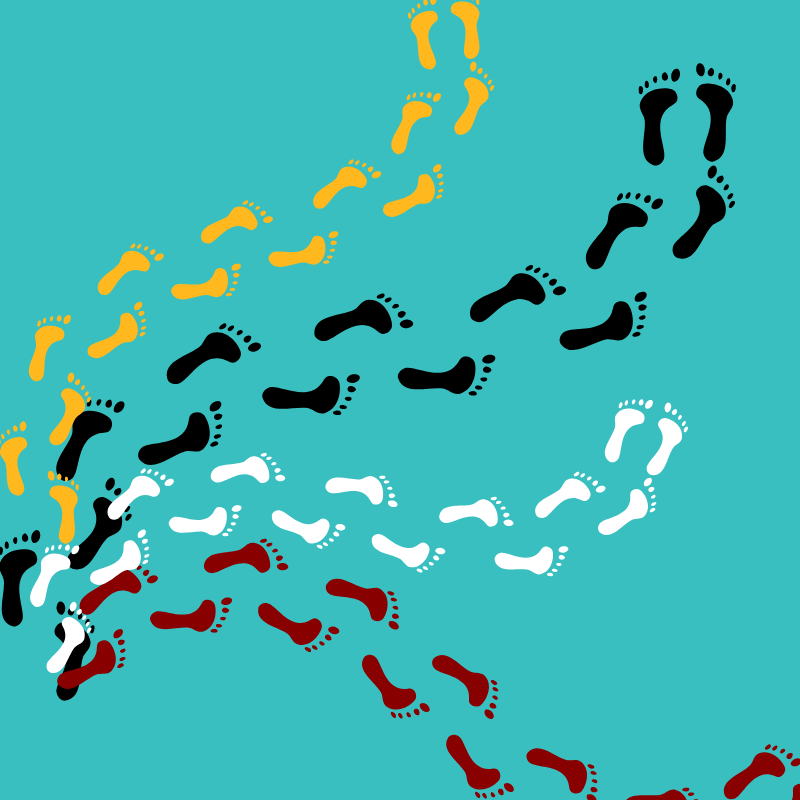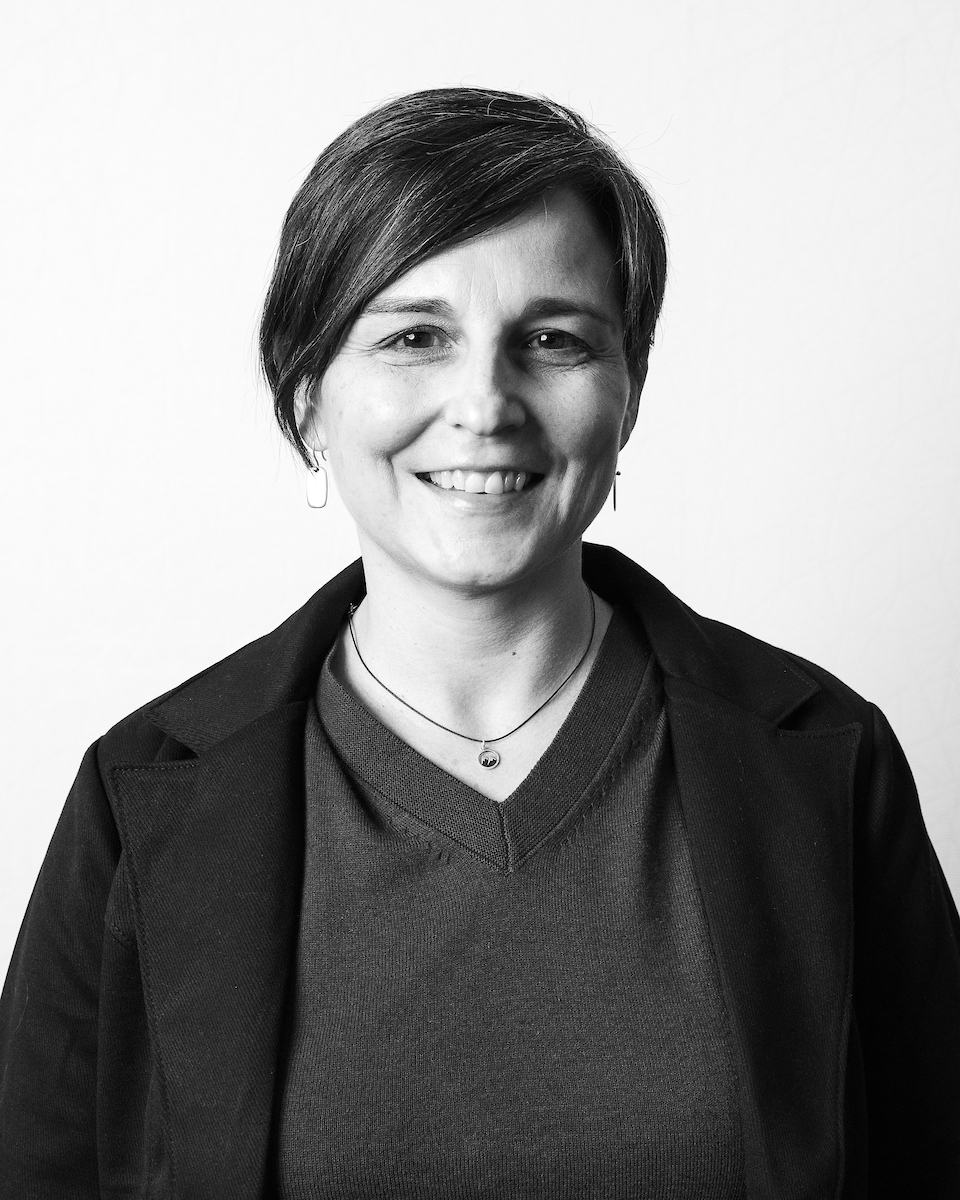
Dear Student Activists,
I am ever-so-grateful for you–you push us to be better in higher education. You make us think about things in ways we haven’t thought of them before. You are brave. You are thoughtful. You make the world better for those who come after you.
And, we have failed you.
As I continue to think about ways that we can eradicate sexual violence from our lives, with an intentional focus on sexual violence among college students, I am struck by our collective commitment to doing more of the same. Leaders at institutions of higher education tend to look around to see what others are doing before deciding what to do on their own campuses. While there is some benefit to being in community with others dealing with similar problems, it limits our opportunities to dream–we don’t think creatively about what could be because we’re looking at what is.
I see you student leaders and activists emulating this in two very specific ways when it comes to issues of equity and diversity, including sexual violence: asking for more training and for more policy.
This is where we’ve failed you. We have not created spaces for you to think beyond what has already been done and we, as administrators, often over-rely on these two strategies to address cultural issues deeply rooted in power, oppression, and fear. In this post, I will focus on requiring training; in a future post, I’ll address policy.
Instead of engaging with people where they are to address issues of oppression and violence, we try to force it. We think that if we require people to be “trained” about issues of oppression and violence, they will change their behaviors. We believe that if “they just knew better,” they would stop. The latter part could very likely be true. I do believe in the capacity of humans to know better, then do better. That said, it can’t be forced–there is no one size fits all “training” that will reach everyone. Research indicates that required or mandatory training actually has a boomerang effect, meaning that if people are already resistant to an idea, requiring them to participate in training about it will only push them farther away.
The messaging in education also matters. People are often resistant to messages that imply that there is something wrong with them or that they are “bad.” It sorta makes sense. Most of us don’t like being considered a “bad” person and most of us engage in behaviors and have beliefs that have been harmful or problematic at various points in our lives. Those beliefs and behaviors may change when we’re exposed to new ideas and new perspectives in ways that make sense in our contexts.
These ideas about resistance to mandatory education resonate with my own experience. When I am mandated to do something, I am often resistant. My most significant moments of learning and growth have been when people engaged deeply with me around an issue–when someone has introduced new ideas or experiences or perspectives to me and let me come to my own decisions and conclusions, often resulting in me changing my behavior or thoughts. The bulk of the learning comes from me having the time and space to process the new information and make sense of it in my own life.
This is why at the MCVP, we engage in education, not training, and we do not advocate for “mandatory training.” Education means that we’re providing ideas, information and perspectives for people to consider. Training often implies a very specific set of ideas or outcomes. Education requires that the facilitator and the participants engage together; education allows a person receiving new information to make sense of it in their own context, to make meaning of it for themselves, which ultimately allows the person to integrate the information more readily in their thoughts and actions. Education also takes time. With the program and workshops we offer at the MCVP, we try to never offer them as one-time programs. Instead, we facilitate a workshop, then we provide space for people to come back in the following days or weeks to engage in a deeper dialogue around what they’re thinking or how they are processing the information.
Will we reach everyone? No. That said, we may be reaching enough people who can influence their friends, influence the culture and contribute meaningfully to ending sexual violence. It’s not easy. It takes a ton of time, energy, and requires that we consider multiple ways of being and thinking. It requires that people who care about eradicating violence and oppression get comfortable with nuance, get comfortable with meeting people where they are, and are OK letting go of “being right.” We can do it. It is slow, it is hard, and it is worth it.
At the MCVP, we develop workshops specific to individual groups who request them, rather than using the same workshop or program everywhere we go. Certainly, we start with an idea, but we always adapt it for the specific group of people to whom we’re talking. Students, we hope you will join us on this journey. You may request a workshop for your group here or join us for one of our many events listed here. And we encourage you to dream, push beyond the known and innovate to get us to a world without violence.
Always cheering you on,
Chris
 Chris Linder is the director of the McCluskey Center for Violence Prevention Research & Education.
Chris Linder is the director of the McCluskey Center for Violence Prevention Research & Education.
